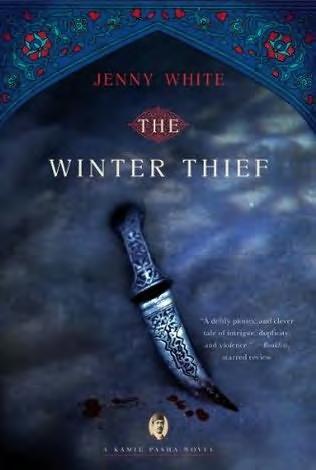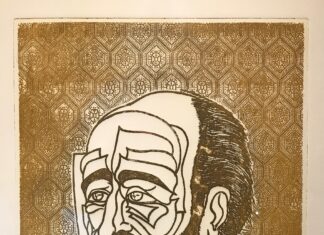By Daphne Abeel
Special to the Mirror-Spectator
The Winter Thief. By Jenny White
W.W. Norton & Co. 2010. 400 pages
$14.95 (paperback) ISBN: 978-0-393-33884-3
The Winter Thief, the third novel in the Kamil Pasha series by anthropologist Jenny White, is part detective story, part historical novel. Set in the late 1880s in the Ottoman Empire, during the reign of Sultan Abdulhamid, it spins a complicated tale that has, at its core, the sultan’s suspicions that a small colony of socialists, who are also Armenian, is planning a coup against the empire.
Gabriel Arti, an Armenian idealist, is indeed the co-founder of a commune, New Concord, in the Choruh Valley, that intends to live by socialist principles. Accompanied reluctantly by his Russian wife, Vera, he is implicated early on in a violent incident that involves the theft of arms from a ship, a violent explosion and a bank robbery. These events set an investigation in motion that involves both Kamil Pasha, the magistrate of Beyoglu, and his sinister counterpart, Vahid, the sultan’s chief of the secret police, who is a closet sado-masochist. The novel explores the complexities of the period by means of a panoply of sharply-etched characters, including Elif, a woman artist, forced to flee her native Macedonia, having lost her husband and son. Now, caught up in fabric of events taking place in Istanbul, she is transformed into a fierce and vengeful being, capable of dressing like a man — and killing like one.
Other important players include Vizier Koraslan, who is most eager to convince the sultan that the Armenians are plotting against him, hoping to arouse a counterattack that will stimulate western sympathies and bring the British and the Russians to their side; Omar, the police chief of Istanbul, who eventually partners with Kamil to defend the Armenians and Feride, sister of Kamil, who is married to Huseyin, a pasha, who also becomes sympathetic to the Armenians.










